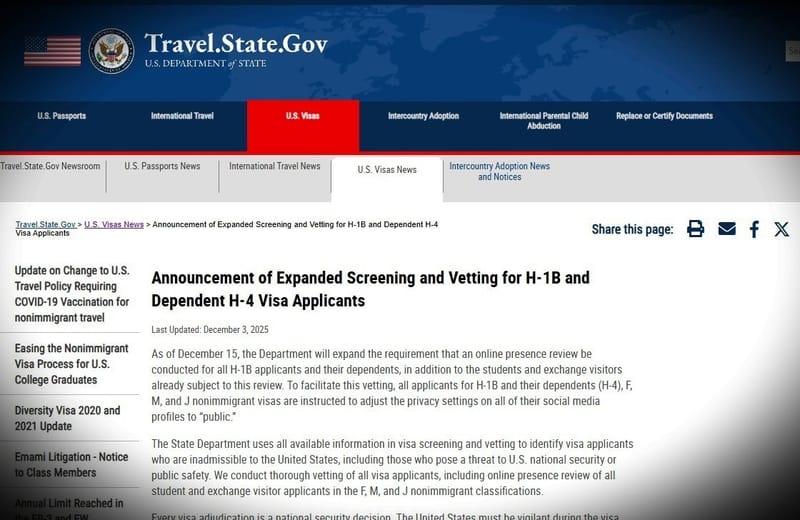Trump's H-1B Visa Fee Hike: Financial Impact on Indian Tech Firms and TCS
The proposed H-1B visa fee hike poses a substantial financial burden on tech companies reliant on skilled foreign talent, forcing a re-evaluation of operational costs and talent acquisition strategies.

Subscribe to our newsletter and stay informed about latest H1B news, policy updates and and other developments.
Article Summary
Following a move by Donald Trump to curb H-1B visas by raising fees to $100,000, Indian IT firms, including Tata Consultancy Services (TCS), are facing significant financial challenges. Analysts predict this fee increase could reduce sector earnings by 4% to 13%, potentially offsetting operating profits per H-1B employee or leading to a talent crunch and increased wages if firms reduce visa dependence. The uncertainty has already caused a 7.2% drop in the NSE Nifty IT index since the announcement.
Original Article: ndtvprofit.com
[ Sentiment: negative | Tone: factual ]
This summary and analysis were generated by TheNewsPublisher's editorial AI. This content is for informational purposes only; it does not constitute legal or immigration advice.
[ Sentiment: negative | Tone: factual ]
This summary and analysis were generated by TheNewsPublisher's editorial AI. This content is for informational purposes only; it does not constitute legal or immigration advice.
TNP AI: Key Insights
This news is critical for employers of foreign talent and H-1B visa holders as it highlights the direct financial implications of policy changes. The significant increase in H-1B visa fees to $100,000 represents a dramatic escalation in operational costs for companies like TCS, which are heavy users of the visa program, directly impacting their profitability and potentially their ability to deploy skilled workers.
Historically, H-1B visa fees, while substantial, have not reached this proposed level for individual applications, signaling a potentially unprecedented financial barrier. The analysis from Jefferies and Crisil Intelligence suggests a dual impact: either a direct hit to profit margins or a forced shift away from H-1B reliance, which could lead to a talent supply crunch and increased labor costs. This situation may accelerate the trend of companies diversifying their global talent pools or increasing investments in automation to mitigate dependency on the U.S. H-1B program, similar to how companies adapt to policy shifts in other major skilled immigration destinations like the UK or Canada.




